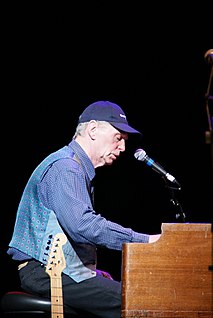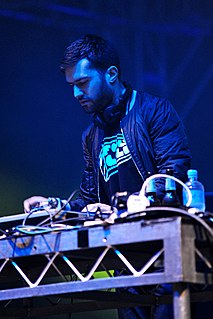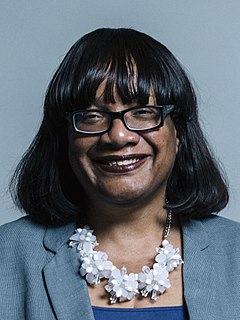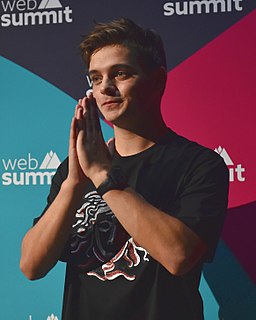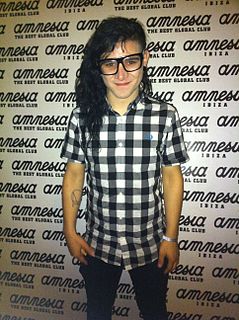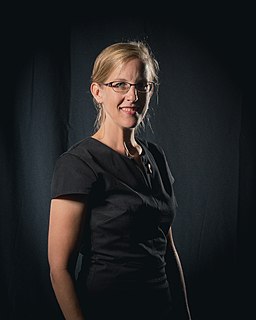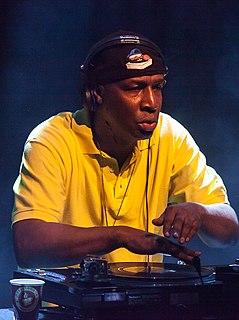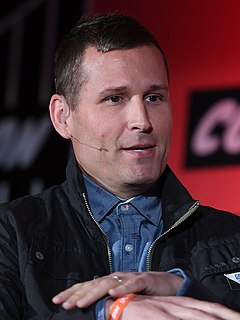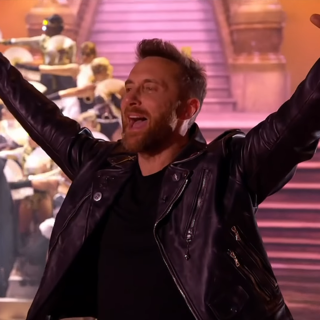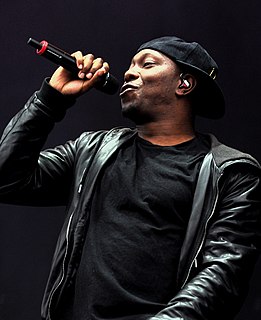A Quote by Georgie Fame
Suckle was the first West Indian DJ and he had this fantastic source of music.
Related Quotes
When I'm representing my music live I think of it very much in a rock band sense. When I first started doing festivals in the 90s there really weren't other DJs playing the stages I was playing. So I felt I was being afforded an opportunity to kind of make a statement about what DJ music can be live. In the 90s, if you were a DJ you were in the dance tent, and you were playing house music and techno music. There was no such thing as a DJ - a solo DJ - on a stage, after a rock band and before another rock band: that just didn't happen.
I DJ'd for years. I DJ'd in high school, and I think my parents thought it was a passing thing. And then when I was in my second year of college, I was like, 'Yeah, you guys don't need to send me money anymore. My DJ gigs are good enough. I'm selling music; I think I'm gonna have a record deal. I can pay my tuition.'
I started in '88 to play House music, it was a huge revolution for me. I went to London and I saw a DJ on stage and that was crazy at the time. I was one of the really respected and famous DJs in Paris, but they would never show me. I was hidden. A DJ on stage and people dancing and facing the DJ, looking at him? I was like 'wow!'
